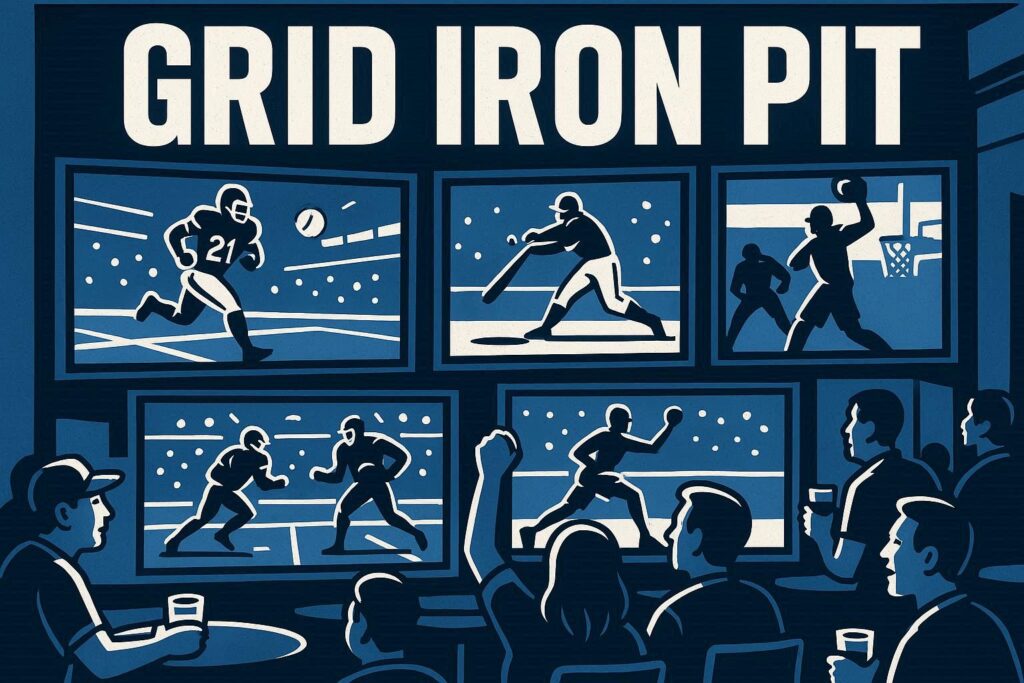The Minnesota Supreme Court is facing decisions on whether electronic gaming at a horse track in the state violates the terms of the gaming compact between Minnesota and tribal gaming authorities. A lawsuit from one of those authorities argues that the presence of the terminals violates the exclusivity clauses in the contracts.
Among the issues under deliberation is whether the terminals fit the description of gaming tables, which would materially impact whether they represent violations of the compact. An escalation of this issue could cause authorities in Minnesota to take a broader look at gambling statutes.
Regulatory approval at issue in gaming lawsuit
The complaint, Shakopee Mdewakanton Sioux Community vs. Minnesota Racing Commission (MRC), pertains to the operation of Interblock gaming devices at the Running Aces Casino, Hotel & Racetrack in Columbus. Those devices are blackjack tables where a human croupier administers the game, but players use electronic means to place bets and communicate decisions like whether to double down, hit, etc.
The lawsuit states that “Minnesota law allows only Tribal Casinos to operate video games of chance and gambling devices,” while “card clubs…may only operate card table games for the purpose of supporting the horse racing and breeding industries.”
The complaint continues by saying that “card clubs can have no more than 80 card tables,” and the devices in question make “the ratio of players to dealers at each video table game 11-to-1. The player ratio at traditional blackjack tables is 7-to-1.”
The pursuant in the legal brief claims these issues should have prevented the MRC from approving a floor plan including the electronic games at Running Aces. The Shakopee Mdewakanton Sioux Community requests the court invalidate that approval and issue an injunction against the MRC approving similar plans in the future.
A hearing in the case suggests that definitions of terms will be pivotal to the Minnesota Supreme Court’s decision.
Statutory intent will be determining factor
According to Mark Wasson of Courthouse News Service, a June 3 hearing in St. Paul before the Minnesota Supreme Court justices resulted in questions from the justices about how the MRC applies state law on gaming. For example, in discussion about the number of positions at blackjack tables, Associate Justice Sarah Hennessy pointed out the lack of an industry consensus on what exactly a “table for playing cards” means.
Counsel for the MRC responded that the Commission had been considering floor plan applications on a case-by-case basis in that regard. Those comments point to an issue that could span beyond this lawsuit in Minnesota.
Compounding issues could lead to new legislative interest
The comments of the attorney representing the MRC echo an earlier sentiment from the MRC looking for more direction from the legislature on rules for new forms of gambling. A July 2023 letter from Shakopee Mdewakanton Sioux Community Chair Keith B. Anderson to the MRC and Gov. Tim Walz quotes the MRC’s 2019-20 manual, stating that “electronic gaming technology is outrunning existing regulatory capacity, and new legislative guidelines and rules may soon be needed.”
Those new legislative guidelines might cover an array of types of gambling, both in-person and online. While the Minnesota legislature has not yet produced any bills that would regulate social or sweepstakes casinos, it could be a matter of emphasis, along with any other gambling-adjacent form of entertainment in the coming years.
The forthcoming Supreme Court decision in Shakopee Mdewakanton Sioux Community v. Minnesota Racing Commission could impact additional standards in specific circumstances. If more of these situations come before the courts, the need for the legislature to intervene will increase.




